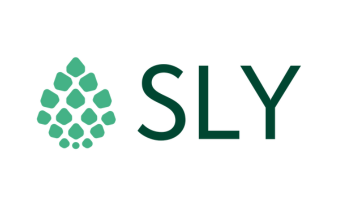NetID for unique identification of your networks and device addresses.
Roaming (a.k.a., network collaboration) among public, private, and community networks is an essential capability of LoRaWAN with unique features, which helps both coverage extension and coverage densification, reduce CAPEX, increase network capacity, and extend end-device battery life (see FAQ, webinar). Networks need to have a globally unique identifier (NetID) assigned by the LoRa Alliance in order to enable their devices to roam out to other networks (see current assignments).
